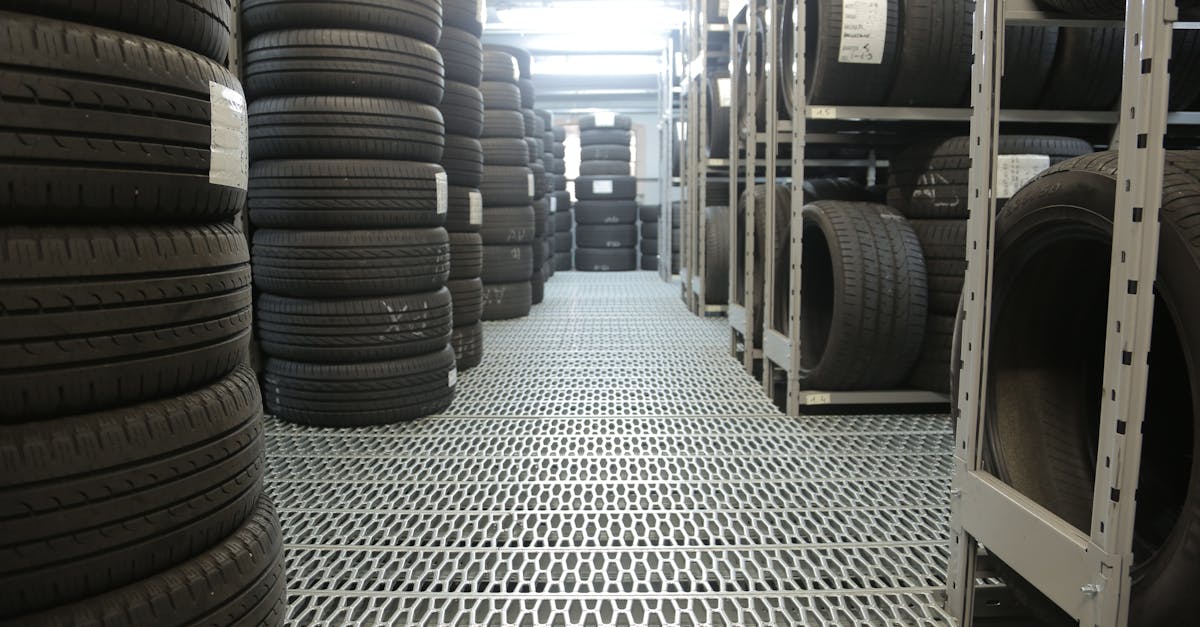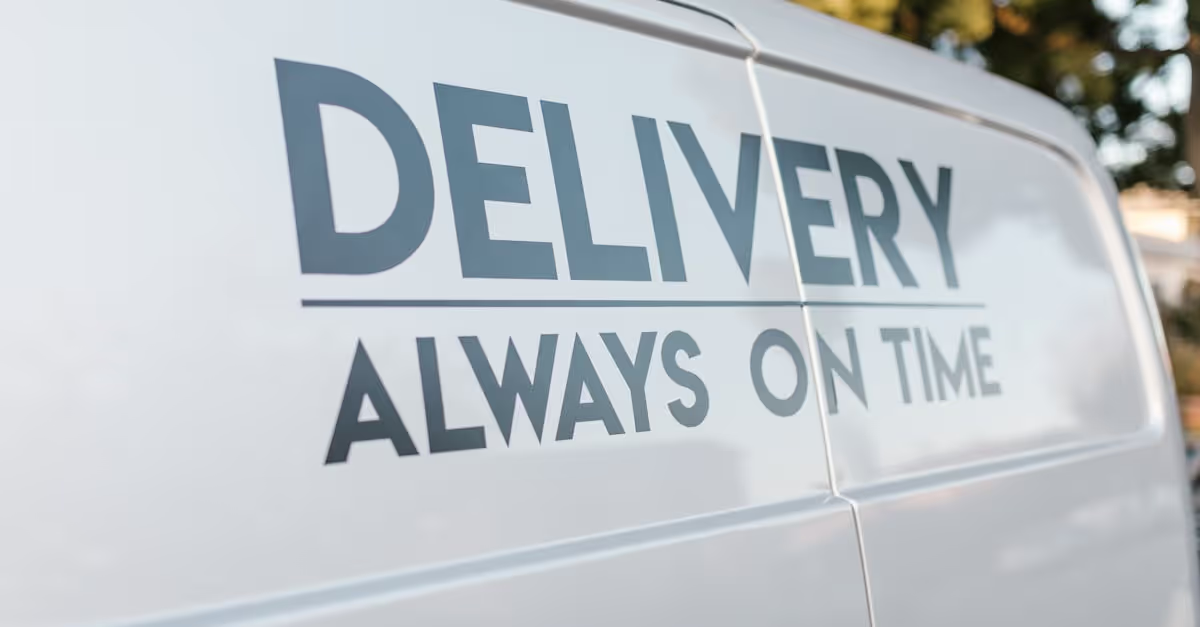Key Takeaways
- Importance of Equipment Maintenance: Nearly 70% of pool-related issues arise from inadequate maintenance, making regular checks vital for safety and efficiency.
- Types of Key Equipment: Commercial pools utilize essential equipment including water filtration systems, heating equipment, sanitization equipment, and pool cleaning devices, each with unique maintenance needs.
- Regular Maintenance Schedules: Implementing consistent maintenance schedules, such as weekly checks for filtration systems and monthly inspections for sanitization equipment, is crucial for optimal performance.
- Troubleshooting Techniques: Proactive troubleshooting of equipment issues, such as checking filters and monitoring chemical levels, can prevent larger problems and maintain pool integrity.
- Safety Considerations: Proper upkeep of pool equipment significantly enhances safety, reduces the risk of accidents, and ensures a healthy swimming environment for all patrons.
When it comes to commercial pools, maintaining a pristine environment is crucial. Did you know that nearly 70% of pool-related issues stem from inadequate equipment maintenance? Understanding the types of equipment used in these facilities can help us ensure they operate efficiently and safely.
From filtration systems to chemical feeders, each piece of equipment plays a vital role in keeping the water clean and inviting. We'll dive into the essential tools that keep commercial pools running smoothly and explore their specific maintenance needs. By staying informed, we can enhance the longevity of our pools and provide a safe haven for swimmers.
Types of Equipment Used in Commercial Pools
Various equipment plays a vital role in the operation and maintenance of commercial pools. Each type has unique responsibilities that contribute to a clean, safe swimming experience.
Water Filtration Systems
Water filtration systems are essential for maintaining clarity and cleanliness. These systems remove debris, algae, and contaminants from pool water. Common types include cartridge filters, sand filters, and diatomaceous earth filters. Regular backwashing and cartridge cleaning help maintain efficiency. Incorporating field service management software can streamline inspection schedules for filtration systems. Scheduling routine maintenance keeps these crucial systems functioning well.
Heating Equipment
Heating equipment is key to providing comfortable water temperatures. Commercial pools often use gas heaters, electric heaters, or heat pumps. Regular checks on filters and circulation systems can prevent overheating and inefficiency. When temperatures drop, functional heating systems ensure guests enjoy their swim. Using technician scheduling tools ensures that maintenance is timely, keeping energy costs manageable while maximizing comfort.
Sanitization Equipment
Sanitization equipment, such as chlorinators and ozone generators, plays an essential role in pool safety. These systems eliminate harmful bacteria and contaminants. Regular monitoring of chemical levels and equipment performance keeps water safe and healthy. Implementing service business automation tools helps track sanitization schedules and needed adjustments. By maintaining consistent service, facilities can create a worry-free environment for swimmers.
Pool Cleaning Devices
Pool cleaning devices are crucial for removing debris and maintaining aesthetics. Manual or robotic pool cleaners help keep surfaces free of dirt and leaves. Routine checks on these devices ensure they operate efficiently. Utilizing mobile workforce management tools can enhance tracking of cleaning schedules, allowing for quick adjustments as needed. Regular cleaning maintains an inviting atmosphere for patrons and promotes pool longevity.
Maintenance Needs of Commercial Pool Equipment
Maintaining commercial pool equipment is crucial for performance and longevity. Regular care helps avoid costly repairs and accidents, allowing everyone to enjoy a safe swimming environment.
Regular Maintenance Schedules
Regular maintenance schedules help keep equipment running smoothly. We coordinate tasks based on equipment types and usage. For filtration systems, we recommend weekly checks to clean filters and backwash when necessary. Heating equipment needs checks every month to prevent performance drops during peak seasons. Sanitization equipment should also undergo monthly inspections for chemical levels and functionality. Implementing field service management software simplifies scheduling and tracking each task, ensuring nothing slips through the cracks. Imagine using technician scheduling tools that send reminders, making maintenance as easy as pie.
Common Maintenance Tasks
Common maintenance tasks keep equipment in top shape. We regularly inspect pool filters, checking for clogs or wear. Cleaning them can be as enjoyable as a pool party, especially when everyone pitches in! We also monitor chemical levels daily, adjusting as needed to maintain safe swimming conditions. Routine tasks for heating systems include checking connections and cleaning burners to sustain efficiency. Incorporating service business software helps us track these tasks easily. With proper organization, we can stay ahead of maintenance and create a safer, more pleasant pool environment.
Troubleshooting Equipment Issues
Troubleshooting equipment issues prevents larger problems down the line. We start by checking the basics, like ensuring filters and heaters are operating correctly. When pool water clarity falters, we look for filter malfunctions or chemical imbalances. It’s also important to notice unusual noises from pumps; they could signal a bigger problem requiring attention. Using mobile field service apps can aid in identifying issues quickly, connecting us with experts for advice or supplies. Have you ever tried fixing something on the first go just to realize it needed a simple tweak? We can all relate to that, reminding us to approach equipment evaluations systematically for better outcomes.
Importance of Proper Maintenance
Proper maintenance of commercial pool equipment plays a vital role in safety and efficiency. Inadequate upkeep can lead to safety hazards, costly repairs, and a negative swimming experience. By prioritizing maintenance, we promote a safe environment for both staff and patrons.
Safety Considerations
Safety is paramount in commercial pools. When equipment isn’t well-maintained, risks of accidents increase. For instance, a malfunctioning filtration system can cause water quality issues, leading to health risks for swimmers. Regular checks on chemical levels, coupled with proper operation of sanitization equipment, help to prevent the growth of harmful bacteria. Using tools like field service management software boosts accountability, allowing us to schedule routine inspections seamlessly. Who wants to swim in murky water? Keeping our pools safe is a community effort—let's rally together and commit to these preventive measures.
Conclusion
Maintaining commercial pool equipment is crucial for ensuring a safe and enjoyable experience for everyone. By prioritizing regular inspections and adhering to maintenance schedules we can avoid costly repairs and safety hazards. Each piece of equipment plays a vital role in keeping our pools clean and inviting.
Utilizing management tools can simplify our maintenance processes and enhance accountability. With a proactive approach to equipment care we can foster a community environment where safety is paramount. Let’s commit to these practices and ensure our commercial pools remain a source of joy and relaxation for all.
Frequently Asked Questions
What are the key equipment types used in commercial pools?
Commercial pools rely on several key equipment types, including water filtration systems (cartridge, sand, diatomaceous earth filters), heating equipment (gas heaters and heat pumps), sanitization equipment (chlorinators and ozone generators), and pool cleaning devices (manual or robotic). Each type plays a crucial role in maintaining clean and safe water for swimmers.
How often should commercial pool equipment be maintained?
Regular maintenance is essential for commercial pool equipment. It is recommended to check filtration systems weekly, inspect heating and sanitization equipment monthly, and conduct daily monitoring of chemical levels. This routine helps prevent costly repairs and ensures a safe swimming environment.
Why is proper maintenance important for commercial pools?
Proper maintenance of commercial pools is vital to avoid safety hazards, costly repairs, and negative swimming experiences. Inadequate upkeep can lead to issues like water quality problems or equipment malfunction, risking swimmer safety. Routine checks and timely repairs are crucial for efficiency and safety.
How can management tools help in pool maintenance?
Management tools like field service management software streamline the scheduling and tracking of maintenance activities. They enhance accountability by providing reminders for routine checks, simplifying communication, and keeping a record of inspections and repairs to ensure optimal performance of pool equipment.
What common maintenance tasks should be performed?
Common maintenance tasks for commercial pools include inspecting and cleaning filters, monitoring chemical levels daily, checking heating system connections, and troubleshooting equipment issues. Performing these tasks regularly helps prolong the life of the equipment and maintain a safe swimming environment.






